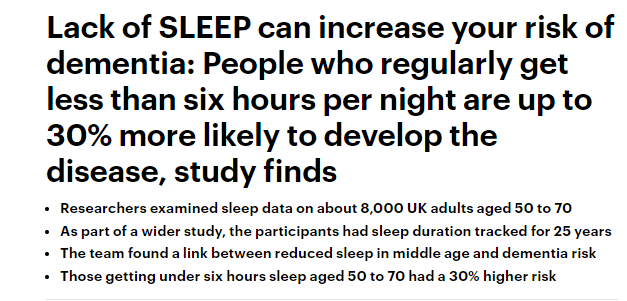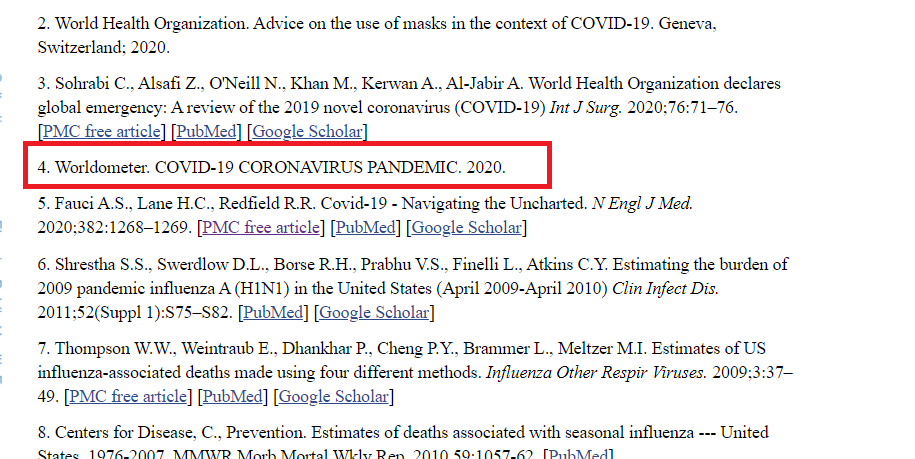
The weirdest thing about the whole herd immunity through natural infection argument is that it's never happened ever for any disease long-term so it was always a wild idea for COVID-19
Like, sure, pandemics died out - eventually most diseases became endemic and killed only a small number of people each year
But that's definitely what's been bandied about as herd immunity
But that's definitely what's been bandied about as herd immunity
Imagine if instead of "herd immunity" the message had been "recurring outbreaks with a slowly diminishing fatality rate until after months/years the number of yearly deaths would get low enough to not bother any more"
Sorry, second tweet should read definitely NOT what's been bandied around
"Prior to COVID-19 all these diseases had a metastable endemic pattern with regular yearly fluctuations!"
Yes, exactly
Yes, exactly
For example, imagine if the Great Barrington nonsense had said "yearly outbreaks with large epidemics until virtually the entire population has had COVID-19 at least once" instead of "herd immunity"
Probably would've been a bit less popular
Probably would've been a bit less popular
• • •
Missing some Tweet in this thread? You can try to
force a refresh









